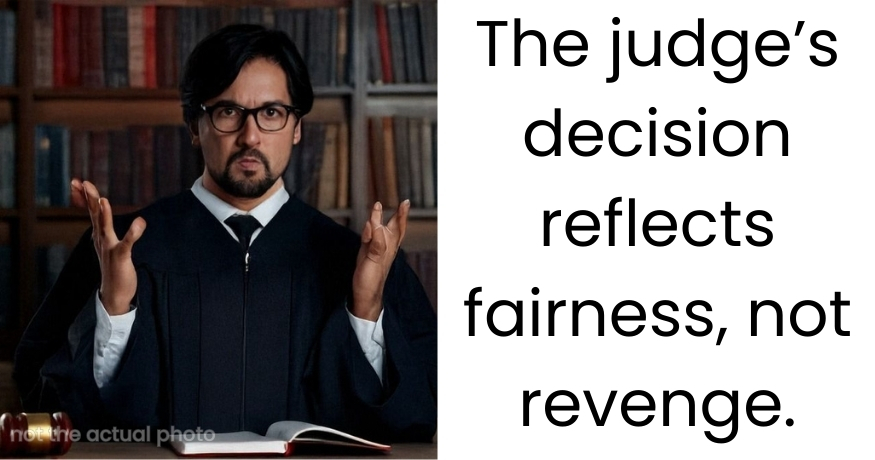‘AITA for ‘taking everything’ in my divorce?’
The Original Poster (OP) has gone through a 12-year marriage and completed the divorce, but has been shamed by her ex-husband that she “took everything” from him. Even though she has tried to keep the divorce fair and civil, the ex has still taken the unions to refuse the reverberations of alimony and child support through the courts. The two kids spend most of their daily lives with OP, OP kept the family home after the divorce in order to give them stability اقتباس Despite waiving alimony and modifying her child support agreement to kick in at a later date for the sake of fairness, her ex says she’s being unreasonably enriched in her divorce. OP feels guilty and frustrated, questioning whether she’s truly at fault.
Read for more info Reddit
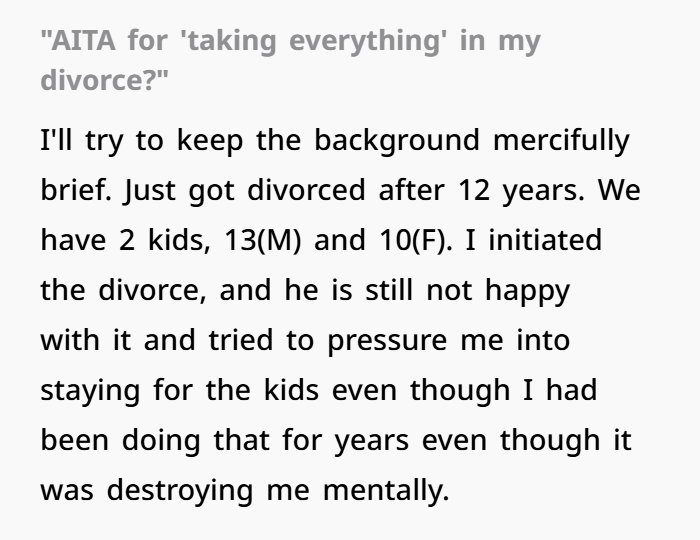
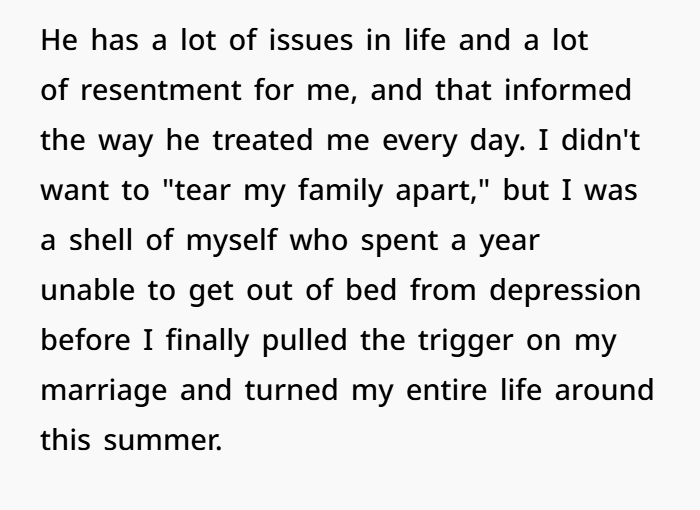

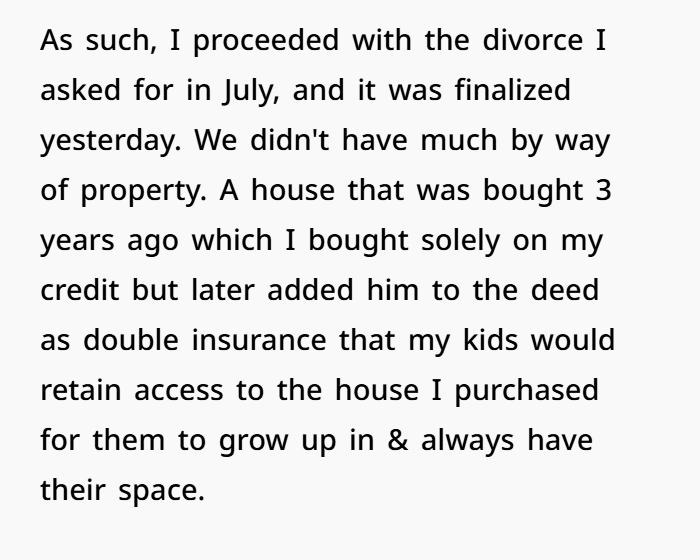
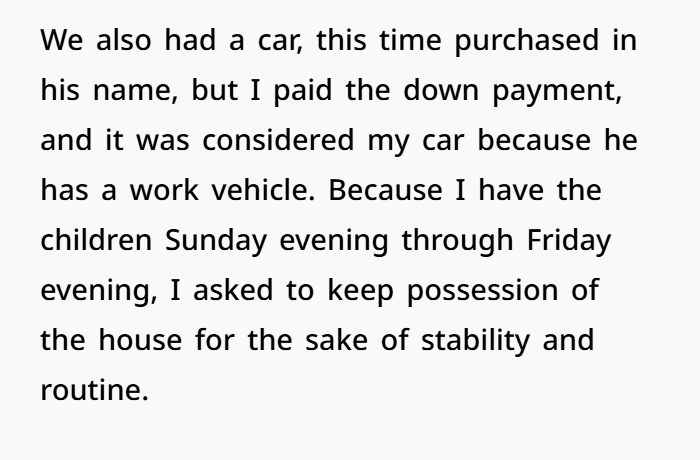


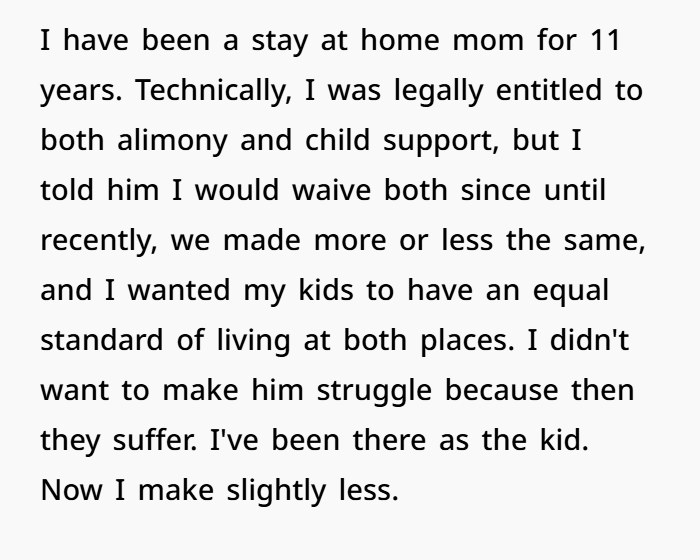
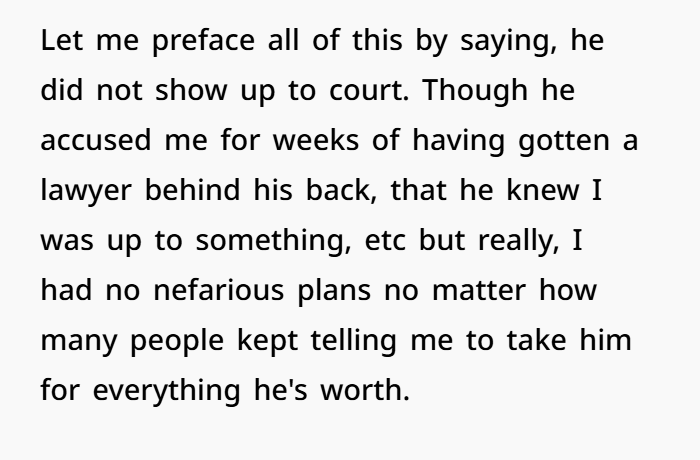
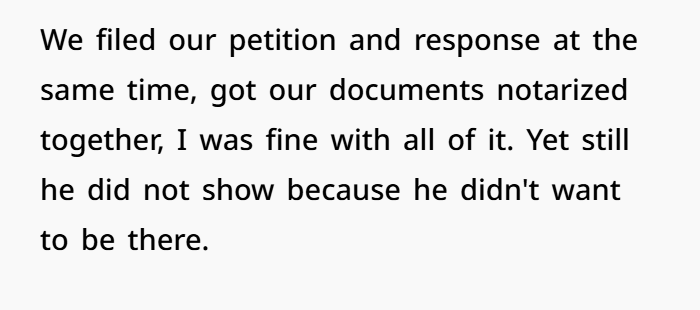
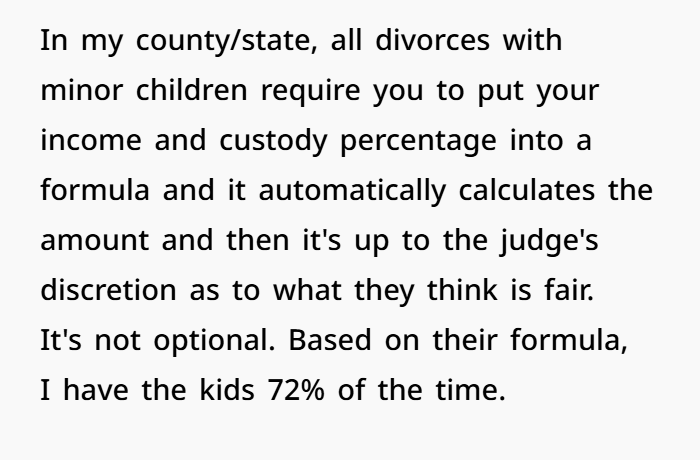

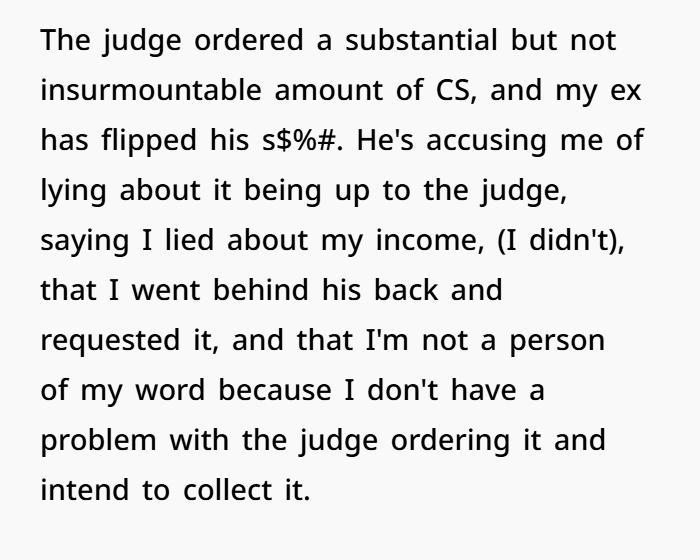
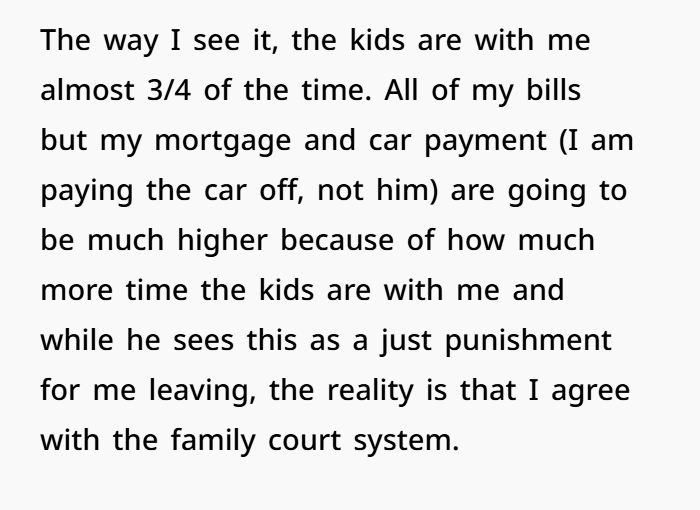
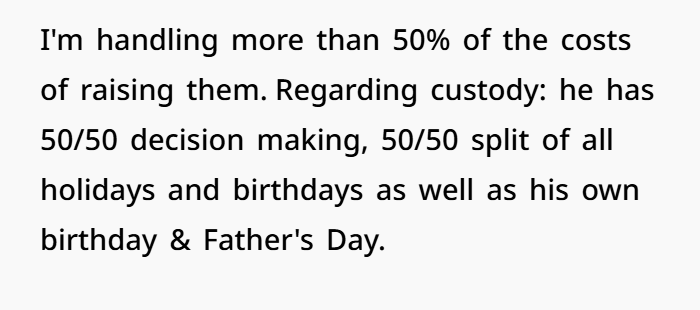
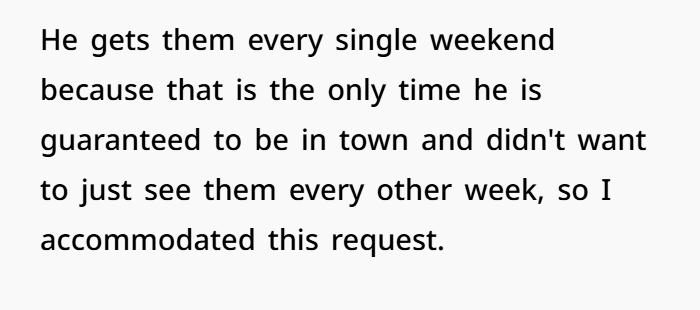
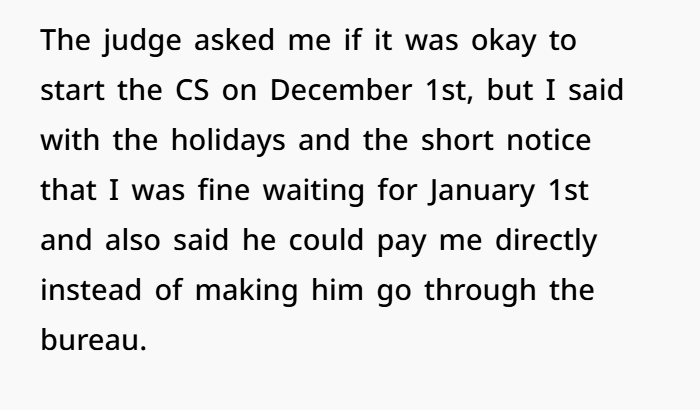
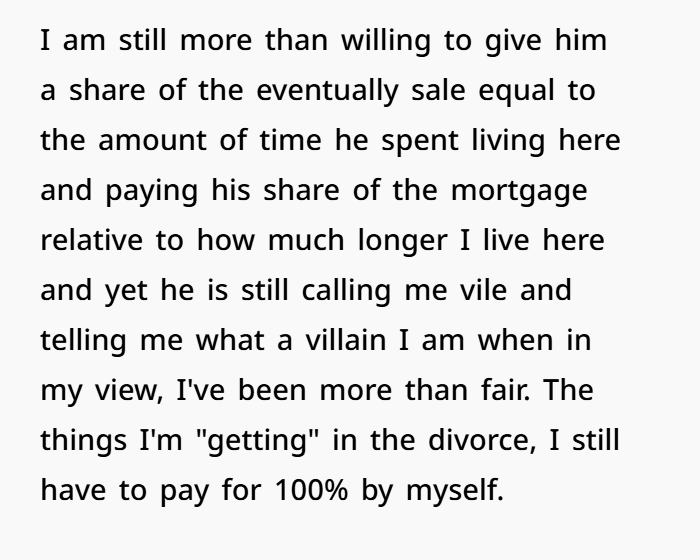
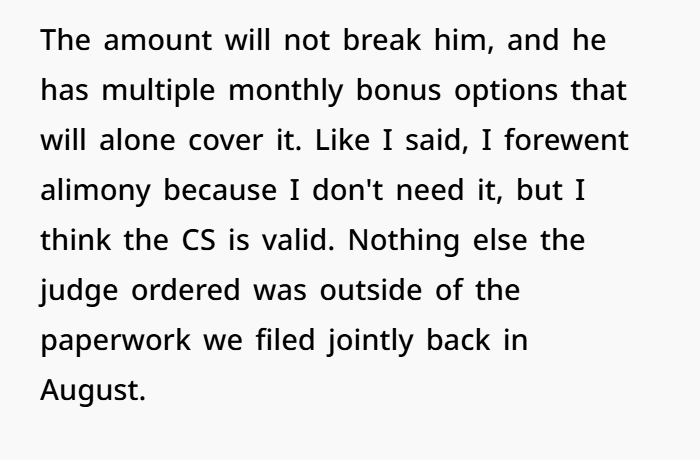
When children are involved in a particular divorce, fairness becomes a subjective question of the right or wrong of the case, particularly in finance and custody issues. Although OP’s ex-husband thinks that the ruling was a bit much, the law bases itself on the fact that the children’s well-being should take priority at all times. Child support is determined by courts using objective formulas that take into account custody percentage, each parent’s income, and the cost of raising children. The purpose of child support is to give children parallel living standards in both houses, in accordance with national standards, to help make the transition to post-divorce life as smooth as possible.
In the case of OP, the structure is consistent with these principles. Since OP has the children 72% of the time, OP is essentially paying for most of the day-to-day expenses, including food, utilities, and school costs. There is evidence to the effect that custodial parents — especially mothers, especially when the marriage involved a stay-at-home parent — frequently suffer a huge loss in standard of living on divorce. Not only does she waive alimony, but she also permits her ex to pay child support, in-kind, and directly — as opposed to via enforcement mechanisms — all exhibits numerous good faith intentions to make the process equitable.
In order to make her decision, Arbuckle recalled research that supports keeping their house because it benefits their children emotionally and academically when families transition through divorce. Although entitled to higher support, OP has refrained from forcing her ex to pay more money because she has taken over the full costs of the house and car.
What her ex has alleged in this info-dump is part of a common problem in contentious divorces: resentment over perceived inequalities, even when the particulars are fair. Other psychologists say that some non custodial parents may experience feelings of alienation or punishment (even if indirectly) due to child support enforcement and in turn feel sense of injustice or victimization. That said, child support does not “punish,” instead it protects the best interests of the children.
Here’s what people had to say to OP:
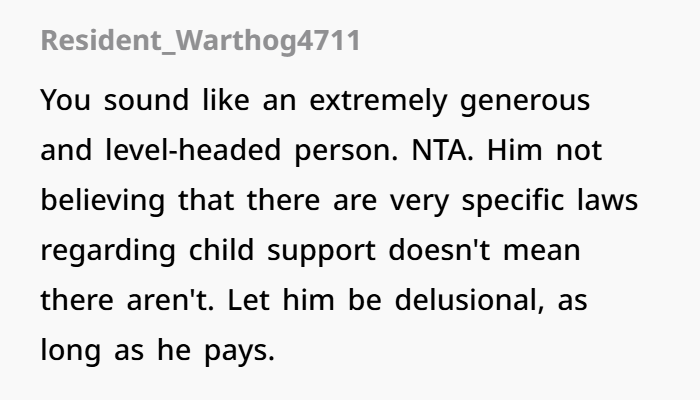
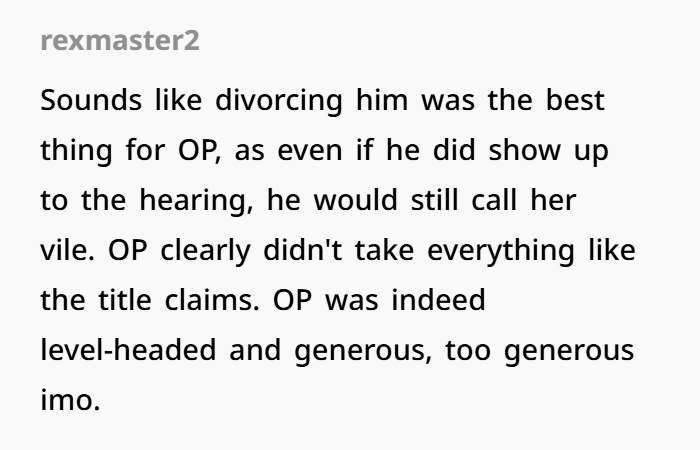

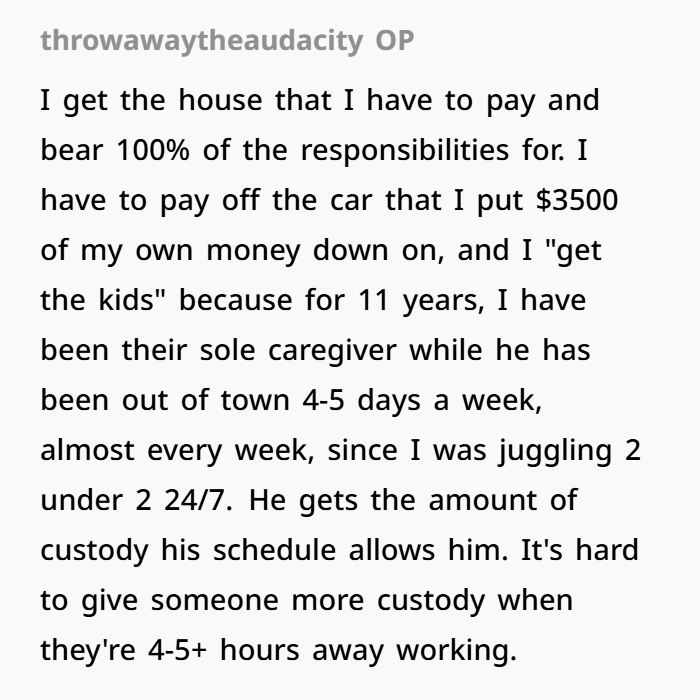

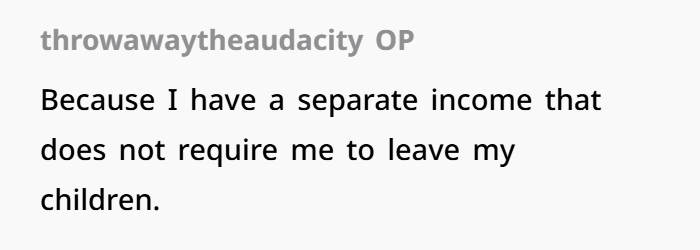
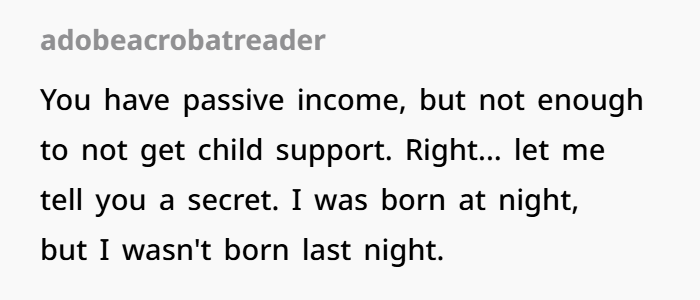

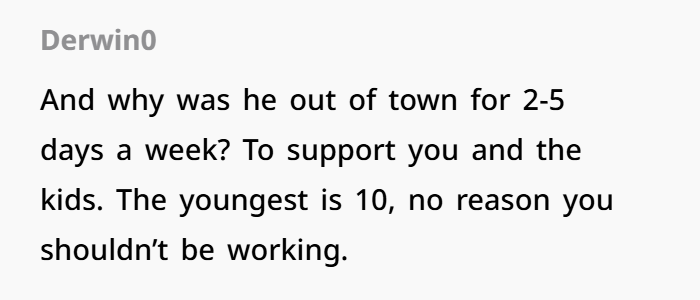


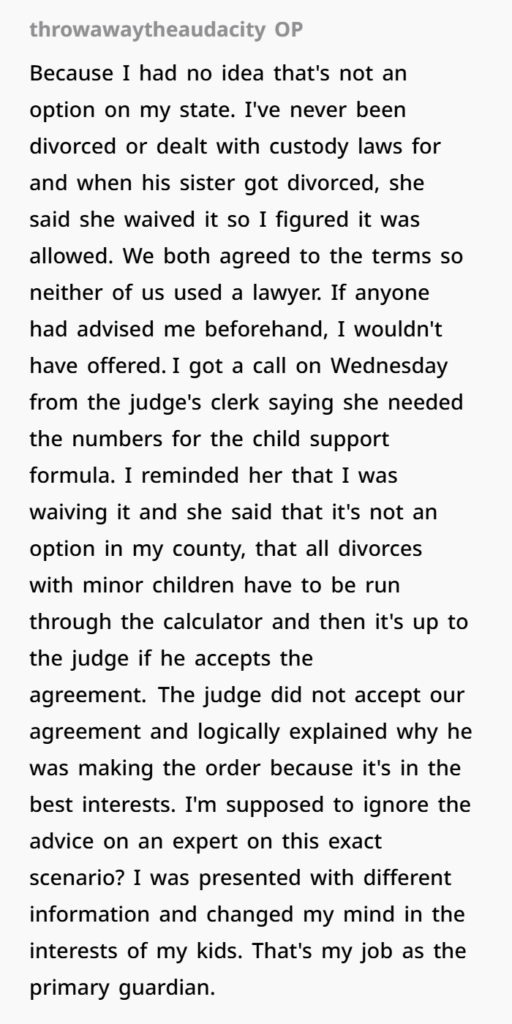
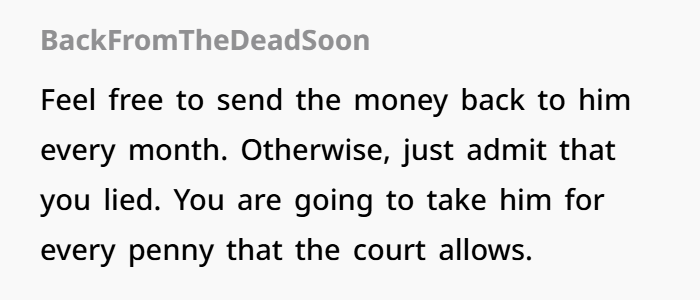
OP has been more than fair throughout this divorce, wanting the best for her children, and putting her ex-husband as financially comfortable as possible where she could. She makes legal choices that are best for her children and finds no delight in using her ex. It almost seems like it is unresolved grief over the divorce instead of anything OP did wrong.

